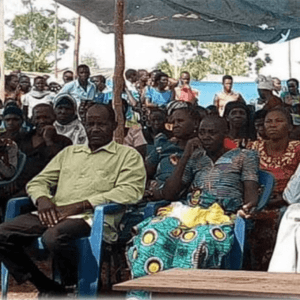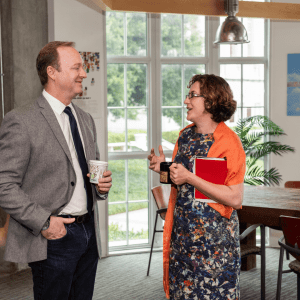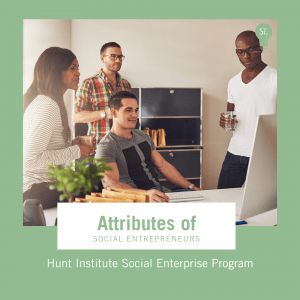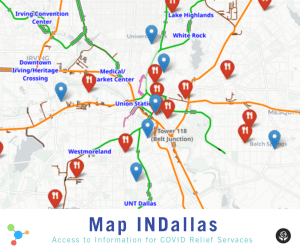 Phase I of the Kijiji Project was completed over the summer of 2020, with a focus on the development of a sustainable fence for the community center that Clara Ford, Founder and CEO of the Kijiji Innovative Sustainable Solutions (KISS), aspires to build in Kasisa, Tanzania. Over 8000 miles, or an 18-hour flight, from Kasisa, the team pushed through, leveraging technology to keep the lines of communication open. Undergraduate Research Analyst Izzah Zaheer and Undergraduate Project Manager Taylor Grace worked with Dr. Jessie Zarazaga and Ford to develop a fence that is economically and ecologically sustainable. “I was put on this team right after I was hired to the Institute over the summer. Dealing with a new role, a new project, and a new environment with COVID was a lot to take on. However, with the support and guidance of my team and the understanding of the impact this community center would have on the village, I researched and looked at the best sustainable solutions for this fence,” said Zaheer.
Phase I of the Kijiji Project was completed over the summer of 2020, with a focus on the development of a sustainable fence for the community center that Clara Ford, Founder and CEO of the Kijiji Innovative Sustainable Solutions (KISS), aspires to build in Kasisa, Tanzania. Over 8000 miles, or an 18-hour flight, from Kasisa, the team pushed through, leveraging technology to keep the lines of communication open. Undergraduate Research Analyst Izzah Zaheer and Undergraduate Project Manager Taylor Grace worked with Dr. Jessie Zarazaga and Ford to develop a fence that is economically and ecologically sustainable. “I was put on this team right after I was hired to the Institute over the summer. Dealing with a new role, a new project, and a new environment with COVID was a lot to take on. However, with the support and guidance of my team and the understanding of the impact this community center would have on the village, I researched and looked at the best sustainable solutions for this fence,” said Zaheer.
The goal of Phase I was to find a solution that could be integrated into this specific community and replicated in other surrounding communities. Starting with the fence is crucial to ensure that the land for the future community center will be protected from livestock eating or damaging vegetation. The findings resulted in three viable solutions that could potentially be applied in the rural community: chili oil fencing, beehive fencing, and a living wall fence.
From these solutions, Zaheer and Grace came up with two proposals that focused on a combination of a living wall fence and chain link fence to provide both protection from the cows and an aesthetic appearance to surround the future community center. Then, they delivered a virtual presentation of a cost analysis of both proposals to the KISS board and two local Tanzanian point-of-contacts.
“I really enjoyed presenting our findings to the KISS board and local Tanzanians because they were pleased with our solution. It was the first time we had the chance to connect with the visionaries of this project. Their passion and excitement to improve their community, combined with their resourcefulness, encouraged me and made me so honored to be a part of such an amazing project that will impact so many lives,” said Taylor Grace.
Upon delivery of the report titled Building Fences to Build Connections, we shifted gears to prepare for our next phase of the project. Throughout the Fall 2020 and Spring 2021 semesters, we will focus on facilitating the development of the business plan for the Kijiji social enterprise and a local student-led competition for what they would like to see in the architectural designs for the community center.
“A country like Tanzania, blessed with so much wealth in natural resources, shouldn’t have its citizens living in any state of poverty. If such resources are allocated properly, Tanzania has the capacity to ensure all of its people are in better living standard than they currently are.” Clara Ford, CEO of Kijiji Innovative Sustainable Solutions.
To read more about the Hunt Institute’s work to develop future-focused solutions to some of the world’s biggest problems, please click here. For the latest news on the Hunt Institute, follow our social media accounts on LinkedIn, Facebook, Twitter, and Instagram. We invite you to listen to our Podcast called Sages & Seekers. If you are considering engaging with the institute, you can donate, or sign-up for our newsletter by emailing huntinstitute@smu.edu.









